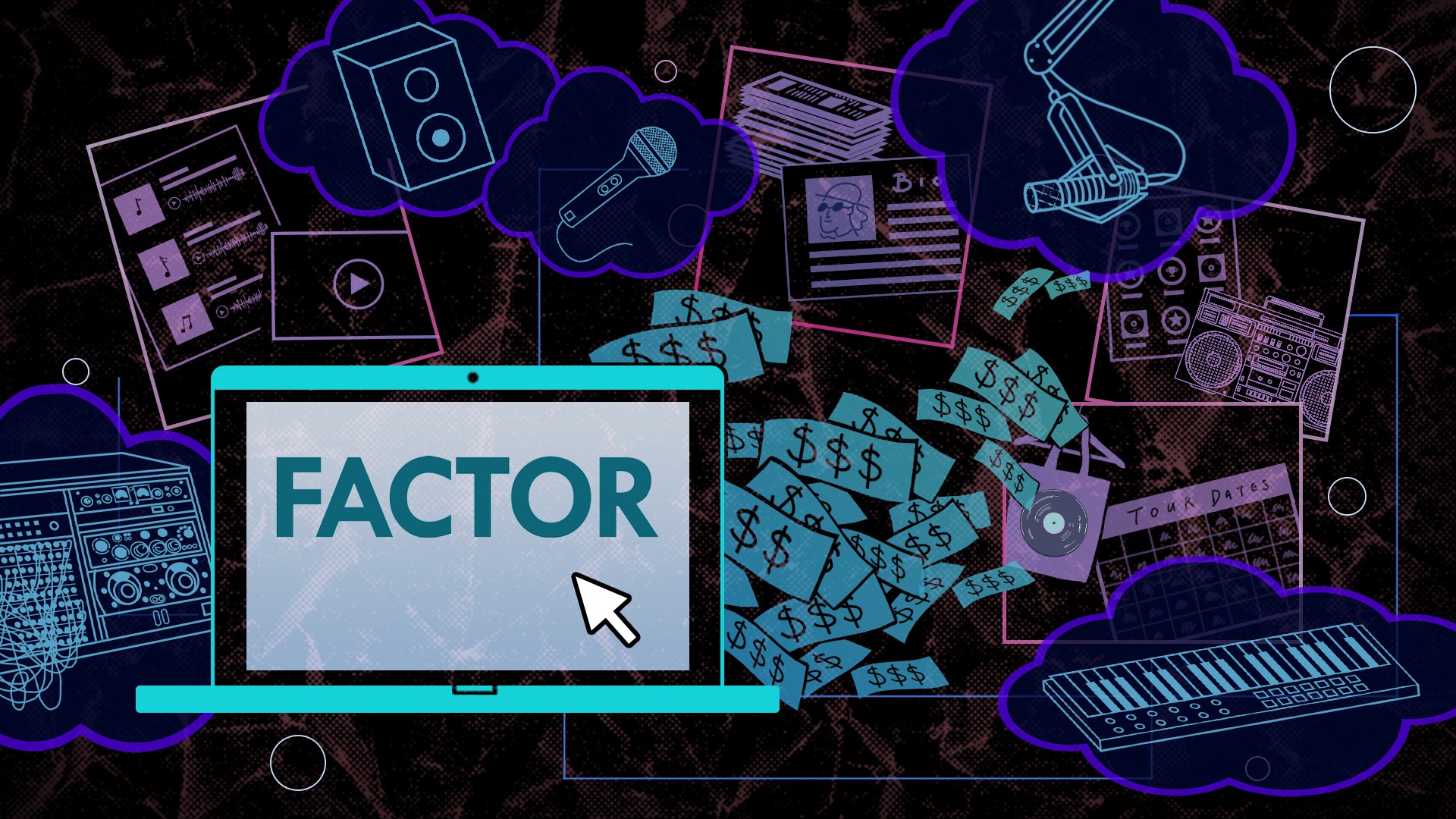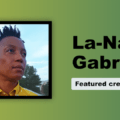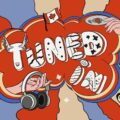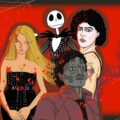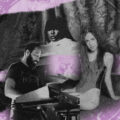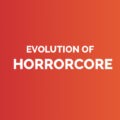Making music is an expensive endeavour. Releasing an album that has an impact requires hiring a producer, booking a studio, paying for musicians, PR, marketing, and so many costs which can add up to an overwhelming dollar amount. Luckily, in Canada, we are fortunate to have access to the Canadian grant system. Organizations like FACTOR, Socan, Ontario Arts Council, Canadian Council for the Arts, and more are supporting Canadian artists by helping to fund their projects. In this article, we’re sharing a FACTOR juror’s tips on how to ensure your FACTOR JSR application stands out.
What is the JSR?
The Juried Sound Recording grant exists to help artists fund a portion of their full-length releases. FACTOR covers up to 75% of a project’s costs and artists must be able to make up the remaining percentage either out of pocket, or from other funding sources. The grant consists of Showcase, Radio Marketing, Sound Recording, Marketing, Tour Support and Video components.
Understanding the FACTOR Jury
Who decides what gets funded? Why do some projects get funding and others don’t? The FACTOR jury is made up of individuals like yourself: musicians, producers, and industry reps, all who have achieved a certain amount of success or notoriety in the industry.
The jury works like a peer review system, meaning that your project is submitted to jurors who have selected certain preferred genres they would like to judge. Your application is then reviewed by a few jurors, who are tasked with giving each section a score. Those scores are then added together, giving you an average score. You will need to receive a result above a certain percentage to receive funding (the percentage number fluctuates). So, it’s important to keep the jurors/system in mind while crafting your application.
Where to start
First and foremost, you’ll need a FACTOR account. If you don’t have one, you can sign up here. There are two bi-annual deadlines for this specific grant. The next deadline is November 22, 2022, and the program opens for applications October 3, 2022. Artists can only apply to one juried program within a 12-month period. If an application is unsuccessful, artists will not be eligible to apply for the following deadline, but they will be eligible to submit for the one the following year. When applying for the JSR, it is important to note that you only have to submit the “Sound Recording” component of the application. If awarded the grant, you will be given access to other components such as touring, video, marketing, etc – but you do not have to worry about these sections for now. You will apply for those sections later only if you are awarded the Sound Recording component.
Now, let’s get to the application part.
What you will need shortlist
- A requested $ amount up to $10k
- A document outlining your goals
- Artist bio PDF
- Recording start date
- Marketing plan
- Release date & tracklist information
- 2 demos / MP3s (assessment tracks)
- 2 letters of recommendation
Once you have compiled all the things from the list above, you are ready to apply on the FACTOR website. You will go to the “Projects” tab and select “Create New Project”.
A pop-up will appear, and you will then select the applicant, the artist, the program (JSR), and the project name and hit the yellow save button at the top right of the page.
Your new project will then appear in your project list on the “Projects” page. To begin your application, select the project you would like to edit.
Your biggest challenge now is to make sure your application stands out. This is one of the most popular grant applications in Canada for long-form recordings, so be sure to give as many details as possible, be specific, and be original. Let’s break down the sections of the application and ways you can impress the jurors.
Goals
Obviously, your goal is to record and release an album. However, pay attention to the specifics of your goals. Is the timeline you’ve selected realistic? Do you take into account touring during the ongoing COVID-19 restrictions? What about the heavy focus on online marketing due to the pandemic? Is there a streaming number you’d like to hit? A subscriber count you’d like to achieve? Artists you’d like to collaborate with? Festivals you’d like to play? How will you get there? Be specific. There’s nothing a juror loves more than a well-thought-out roll-out with a clear and concise plan to achieve those goals.
Sound Recording $
This section needs to reflect what the project is asking for/needs monetarily, but there is also no harm in asking for the entire amount you are eligible for ($10k) because FACTOR can always make an offer for less if they believe your project does not require the entire $10k budget.
Genre
As mentioned, jurors are assigned artists based on preferred genres they have pre-selected, so it’s incredibly important that you choose the category that best represents the music you are submitting. You want to make sure that your music is being judged by someone who at least understands the tropes of the selected genre, and who will ideally enjoy the submitted music.
Artist Bio
This is your moment to truly hype yourself up. Include all important stats, big performances, collaborations, press, awards, or anything notable about your career. Jurors like to feel like they are aiding an up and coming / exciting artist, so this is not the moment to be humble. If you need any help writing a bio, here are some Tips on Writing an Artist Bio.
Marketing plan
It’s super important that you make your marketing plan visual and appealing to the reader. Jurors are looking at anywhere from 5-50 marketing plans during JSR season. If yours is visual, or the information is easy to take in, it will make you stand out. It’s also important that you load it with very specific information. What radio stations are you aiming to target? What is your specific goal with your PR team? Which blogs are you targeting? Where and how will your songs be shared? Who is your distributor? Do you have playlist goals? Will you be pitching the album to labels before it’s released? What does your release team currently look like? Similarly to the goals section, jurors want to see that you have a real release plan and realistic ways to achieve it. If you’re feeling overwhelmed about where to start, check out our article on Grant Writing.
Release Information
Does it align with your marketing plan? Will you be releasing digitally, or will you be making physical copies as well? In this section you’ll need to include your release date, the territory where your project will be distributed, the format, music label details, physical distribution details, and digital distribution details.
Track information
Your LP release needs to be at least 6 tracks or 20 minutes long in order to be considered a long format release, so make sure you hit those requirements.
2 Assessment Tracks
The competition for this grant is fierce, and the music is the most important part. It’s so critical that you pick your STRONGEST two songs. Keep the MP3s relatively light in MBs, as jurors will be downloading these files onto their computers.
What do you intend to change
This is the section where you will outline what will change about your two assessment tracks from where they are now, to when they are released. If your songs are in more of a “demo” stage, give the jurors insight on how you intend to bring the tracks to life in the studio. Will you be adding instruments? Hiring a specific producer who you think will elevate the songs? Be as clear as possible so that your vision is properly articulated and understood.
Additional information
As always, use this section to try and stand out as much as possible. Here you will upload your letters of recommendation, any photos you didn’t include in your marketing plan that you may want to add, any notable press, a producer bio (if not already included in the marketing plan), links to music videos or live videos, etc. If you’re including more pictures here, try to pick images that are unique, exciting, or really speak to your specific branding. There is nothing more satisfying to a juror than a well-rounded brand, or an artist that feels like a no-brainer for funding. It makes everyone’s job easier.
Public Funding
This section exists solely to account for any other incoming public funds for this specific album release. Did you do an Indiegogo or crowdsourcing campaign? If yes, you’ll have to include this information here. If not, you will leave this section blank.
–Final Notes–
And that’s all there is to it! Once you’ve reviewed your application – what feels like a hundred times over – you’re ready to submit. The most important thing when applying for the FACTOR JSR grant, is to have realistic goals and methods to achieve them, and to make sure whoever you are as an artist is represented in a clear, concise and enticing way for whichever juror’s inbox your application lands in.
Oh, and one last tip, don’t wait until the very last day to submit your application on the FACTOR website. That’s what everybody else does. The website always gets overwhelmed and crashes, which makes the entire process a lot more stressful than it needs to be. Okay, happy grant writing, and GOOD LUCK!
Illustration by Yihong Guo
